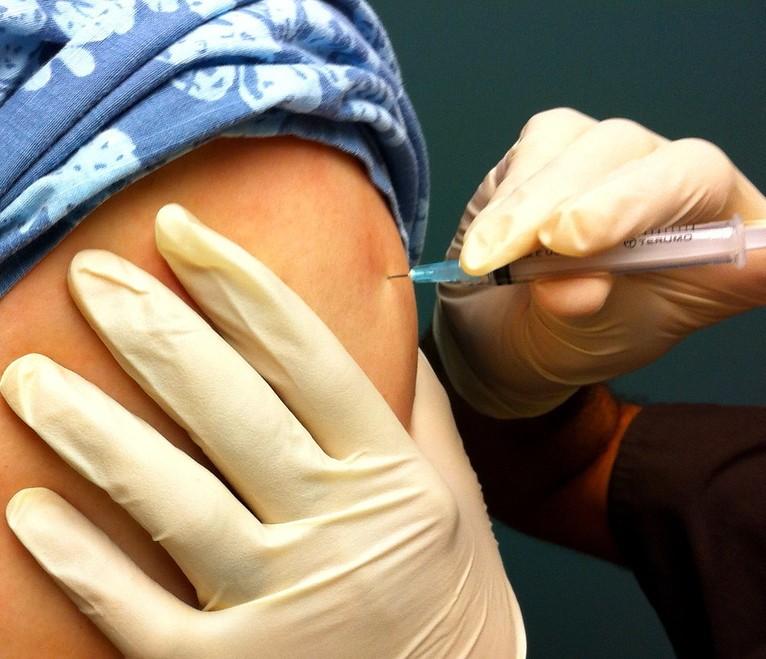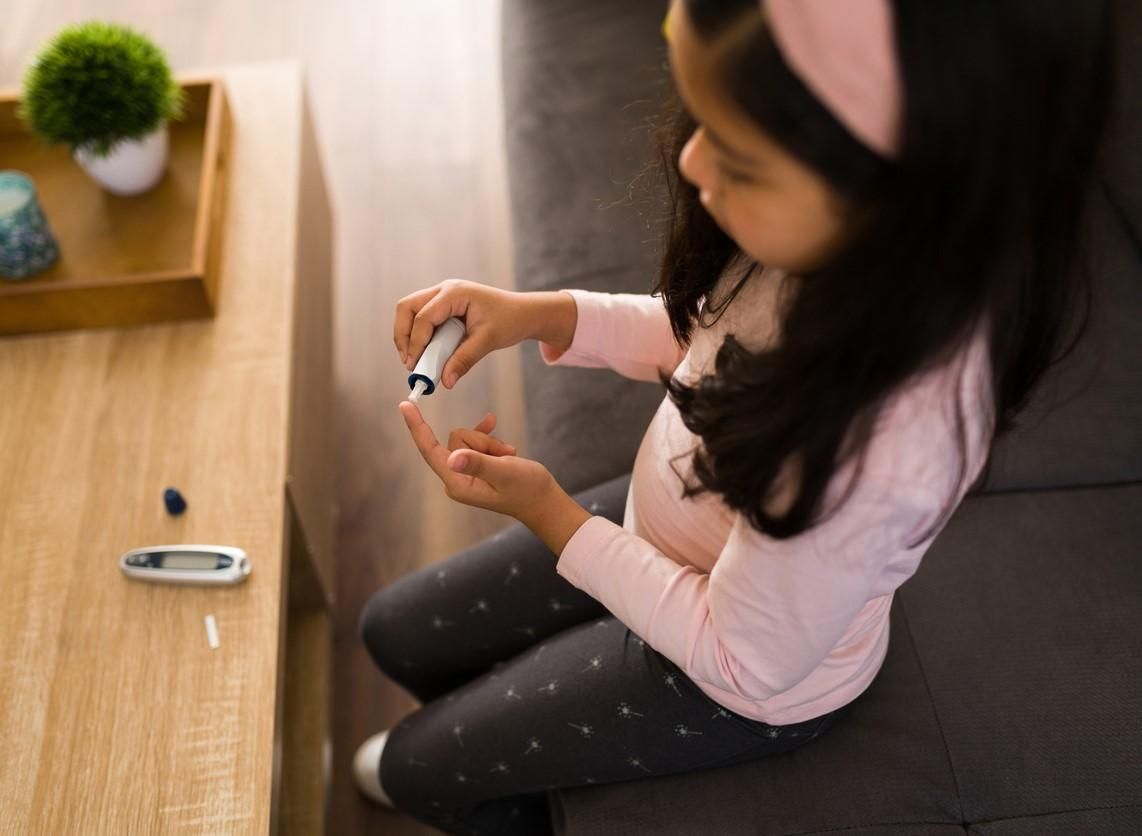
Locus Biosciences announced yesterday that it's received $23.9 million in funding from the Biomedical Advanced Research and Development Authority (BARDA) to continue developing its CRISPR-enhanced bacteriophage therapy for treating urinary tract infections (UTIs) caused by antibiotic-resistant Escherichia coli.
The funding is part of an $85 million contract between BARDA and the North Carolina-based biotechnology company and will be used to advance LBP-EC01—a bacteriophage cocktail engineered with a CRISPR-Cas3 construct that targets the E coli genome—into the second part of the ELIMINATE phase 2 trial. In the first part of the trial, LBP-EC01 in combination with trimethoprim/sulfamethoxazole demonstrated safety and tolerability in patients with uncomplicated UTIs.
Part two of the placebo-controlled trial will evaluate the efficacy of the combination in adult women with uncomplicated UTIs caused by drug-resistant E coli.
Uncomplicated UTIs, 80% of which are caused by E coli, are one of the most common reasons for outpatient antibiotic prescribing in the United States and other parts of the world, affecting more than 150 million people each year. But resistance to first-line antibiotics for uncomplicated UTIs, including trimethoprim/sulfamethoxazole, is rising, and multidrug-resistant uropathogenic E coli has become a growing problem in hospitals and the community.
"Engineered bacteriophage have emerged as one of the most promising technologies for addressing the worldwide public health crisis of multi-drug resistant (MDR) bacterial infections," Paul Garofolo, co-founder and CEO of Locus, said in a company press release. "While multiple small-scale studies have shown promise, the field urgently needs a definitive large-scale placebo-controlled study to conclusively test the efficacy of an engineered bacteriophage therapy."



















